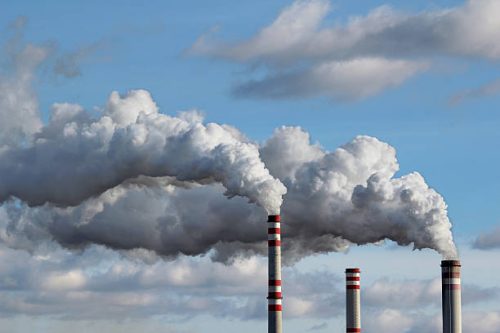
6 Tips to Protect Older Hearts and Lungs from Rising Air Pollution
Engage in Regular Exercise: Regular physical activity is a crucial factor in strengthening the heart and lungs, making them more resilient to the adverse effects of pollution. It promotes better circulation and lung function. However, when pollution levels are high, older individuals should consider indoor exercise options to minimize exposure and protect their respiratory health.
Prioritize Mask Usage: Wearing protective masks can serve as a physical barrier against inhaling harmful particulates. Specifically, N95 respirators or masks designed for pollution protection can prove highly effective, especially during outdoor activities. These masks help reduce the intake of pollutants, providing added safety for the heart and lungs.
Maintain a Balanced Diet and Stay Hydrated: A well-rounded diet rich in antioxidants, primarily found in fruits and vegetables, can significantly contribute to safeguarding the heart and lungs from pollution-related oxidative stress. Additionally, staying properly hydrated ensures that the respiratory system functions optimally, making it more resistant to the harmful effects of air pollution.
Embrace Deep Breathing Exercises: Deep breathing exercises are of paramount importance to enhance lung capacity and bolster the overall health of the respiratory system. In the face of rising air pollution, these exercises prove invaluable in managing common problems such as shortness of breath, coughing, and sneezing. Regular practice of deep breathing can empower older individuals to better cope with these challenges.
Monitor Local Air Quality: Staying vigilant about the quality of the air in your locality is the initial step in safeguarding your heart and lungs. Various apps and websites offer real-time pollution data, enabling individuals to make informed decisions about outdoor activities. On days when pollution levels are elevated, older individuals should consider staying indoors or scheduling outdoor pursuits during times of lower pollution, thus minimizing their exposure.
Invest in Air Purification: Investing in a high-quality air purifier, particularly one equipped with HEPA filters, can have a substantial impact on indoor air quality. These filters are adept at removing particulate matter, allergens, and pollutants, creating a safer and cleaner indoor environment that is especially beneficial for older individuals looking to protect their hearts and lungs from the effects of pollution.
Furthermore, it is advisable for older individuals to remain up-to-date with their vaccinations, particularly the annual influenza vaccine. This practice can help prevent respiratory infections, which, when coupled with the effects of air pollution, can pose even greater risks to heart and lung health.
